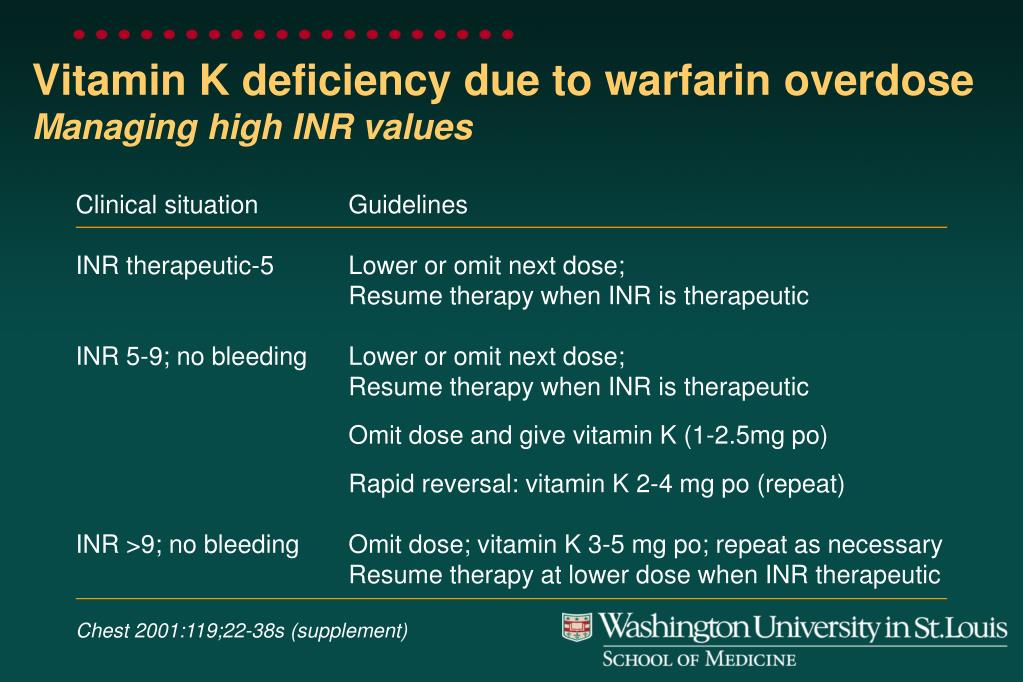

All increase the risk of thrombosis and are usually reserved for the most critical cases. PCCs contain factors II, VII, IX and X and proteins C and S, along with heparin and human albumin. In life-threatening situations, dabigatran can also be reversed by dialysis if no other reversal agent is available.įor reversal of other NOACs in cases of life-threatening bleeding, a four-factor prothrombin complex concentrate (PCC) such as Kcentra is an option. Praxabind is specific to the reversal of dabigatran and cannot reverse any other agents. It's also expensive - about $3,500 per dose. Activated charcoal is another potential fix - it reduces the absorption of anticoagulants but only if administered within two to three hours of the last drug dose.ĭabigatran has a direct inhibitor, idarucizumab (Praxbind), which is relatively safe, works within about 45 minutes and provides full reversal for up to 24 hours in most patients. Loomis says, "but there is risk and no clear benefit."įor semiurgent and nonurgent cases, the best option is to hold the drug, which should clear the system in 24 to 72 hours, depending on a patient's liver and kidney function.

Plasma can be tried in an emergency situation, Dr. Vitamin K and plasma, standard antidotes for warfarin, aren't effective for NOACs. With the exception of dabigatran, no NOAC has a specific antidote. "You can try to guess according to when the medication was last taken, but a lot depends on how quickly the liver and kidneys are metabolizing and clearing it." Reversing NOACs "There is really no way of knowing how anticoagulated a patient is," Dr.

For instance, routine laboratory tests aren't sensitive enough for quantitative assessment of an NOAC's effect. Loomis, M.D., a trauma surgeon at Mayo Clinic's campus in Rochester, Minnesota.īut NOACs present significant challenges for providers treating patients with major bleeding. "NOACs have no food restrictions, don't require a blood draw and have predictable, dose-dependent anticoagulation effects patients on dabigatran are fully anticoagulated in two hours and those on rivaroxaban or apixaban in five to 12 hours, so they are far more convenient for patients," explains Erica A.

They are now used for a growing number of indications - both on- and off-label - including treatment of deep vein thrombosis and pulmonary embolism as well as stroke prevention. To address these issues, pharmaceutical companies began developing novel anticoagulants (NOACs) targeting single enzymes in the coagulation cascade such as thrombin and factor Xa as opposed to the vitamin K-dependent coagulation factors inhibited by warfarin.įour of these new drugs received Food and Drug Administration approval in the last few years: Apixaban (Eliquis), dabigatran (Pradaxa), edoxaban (Savaysa) and rivaroxaban (Xarelto).


 0 kommentar(er)
0 kommentar(er)
